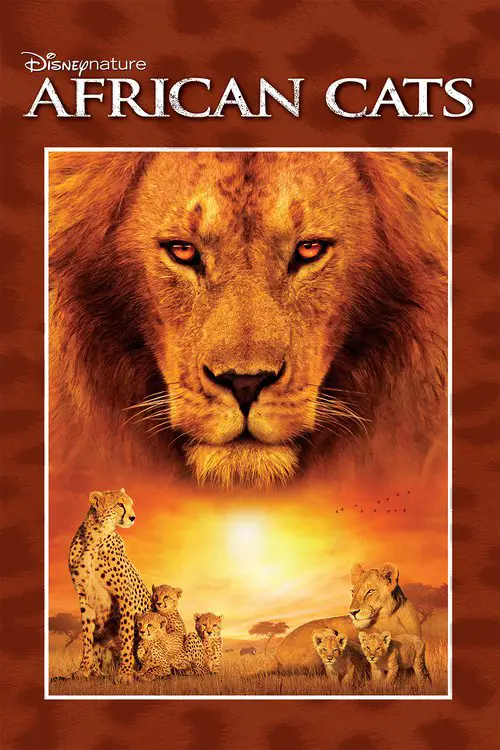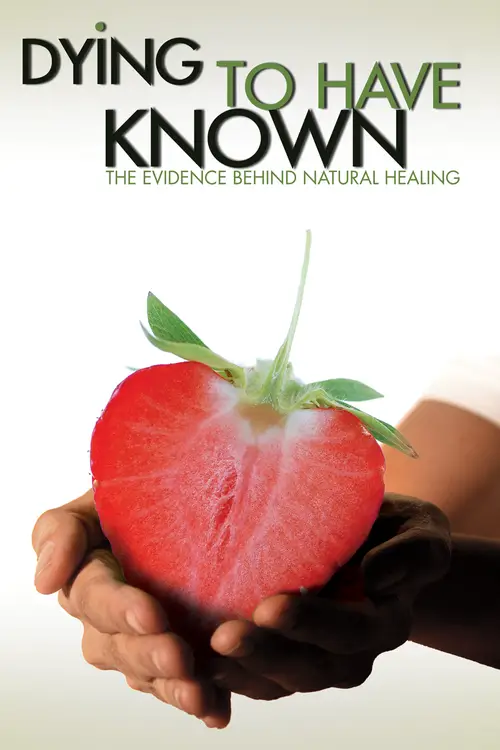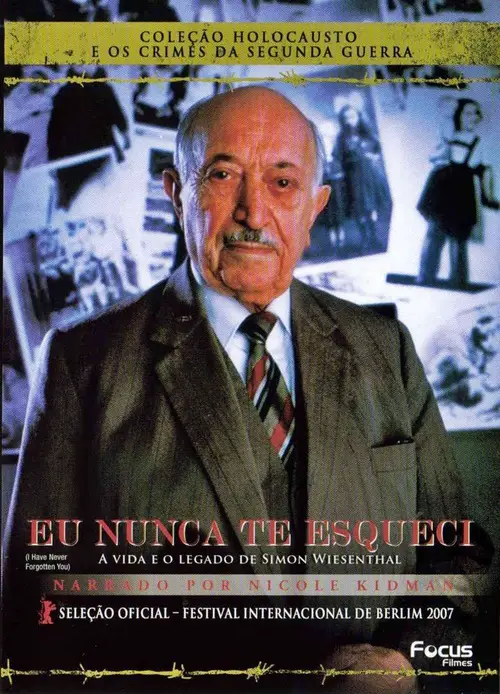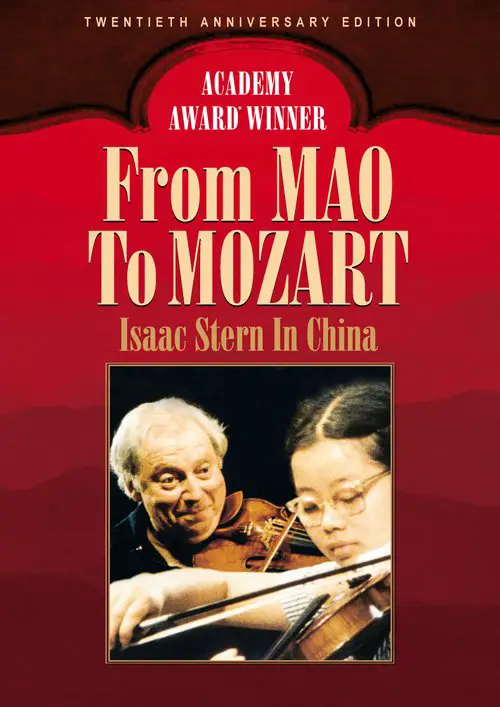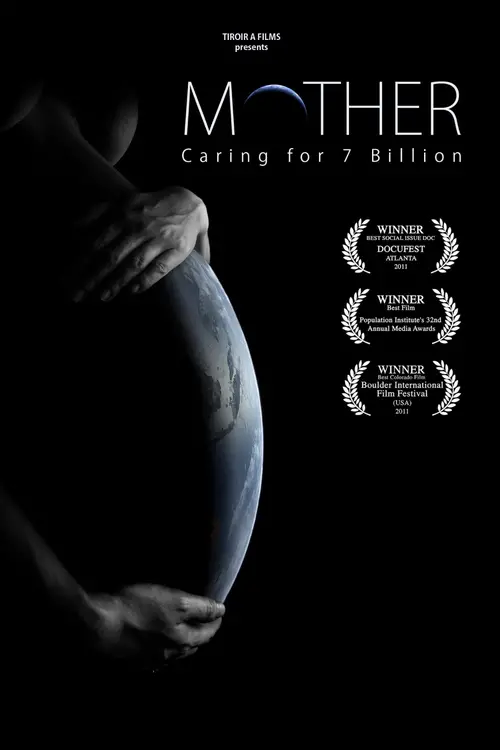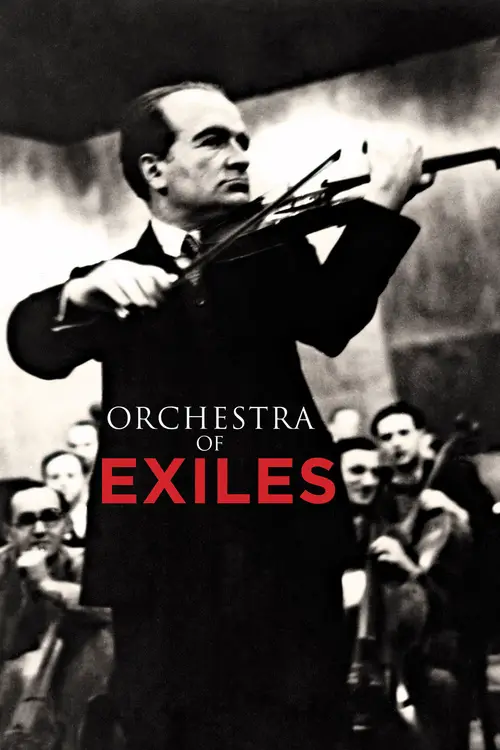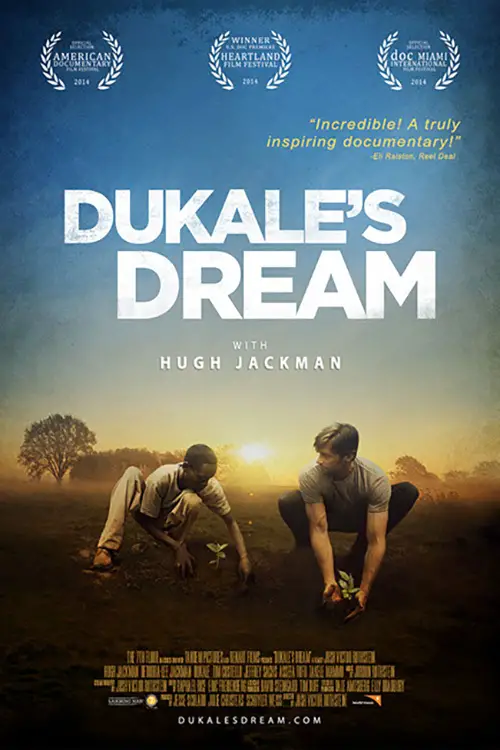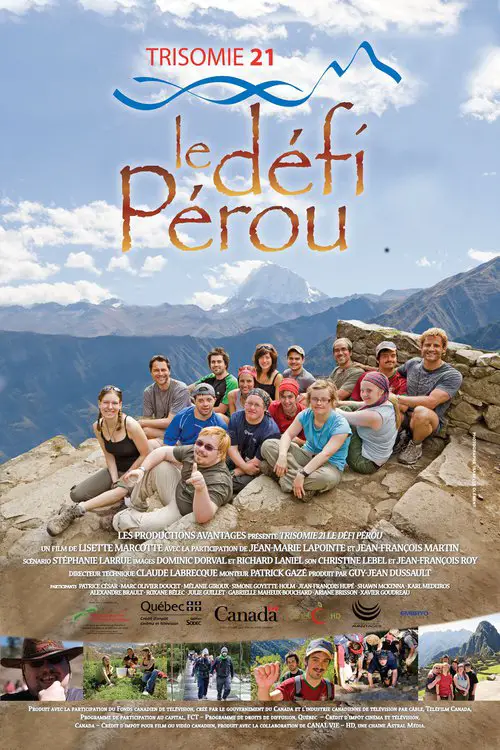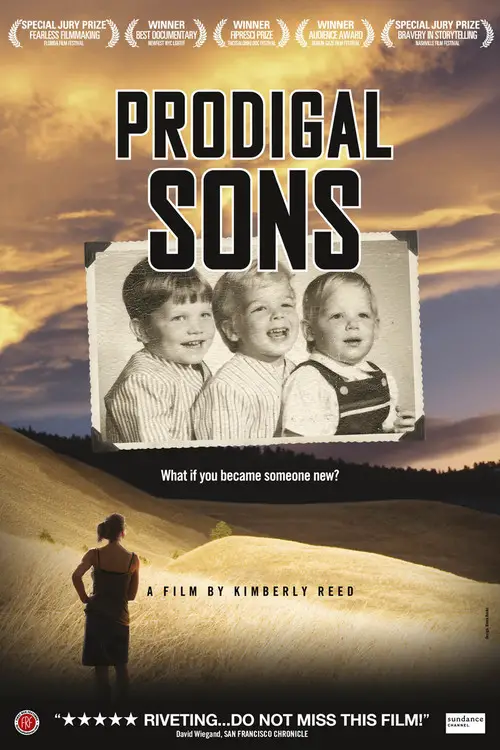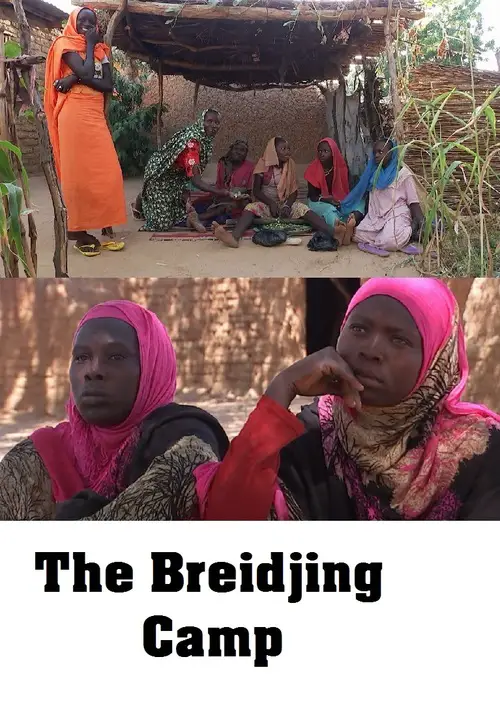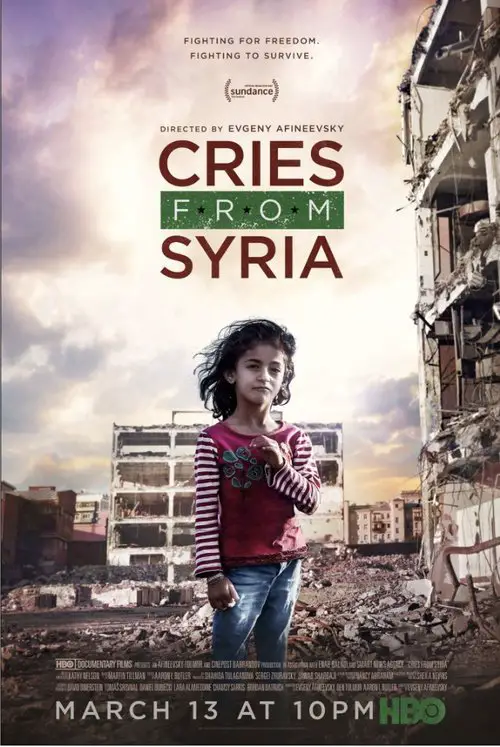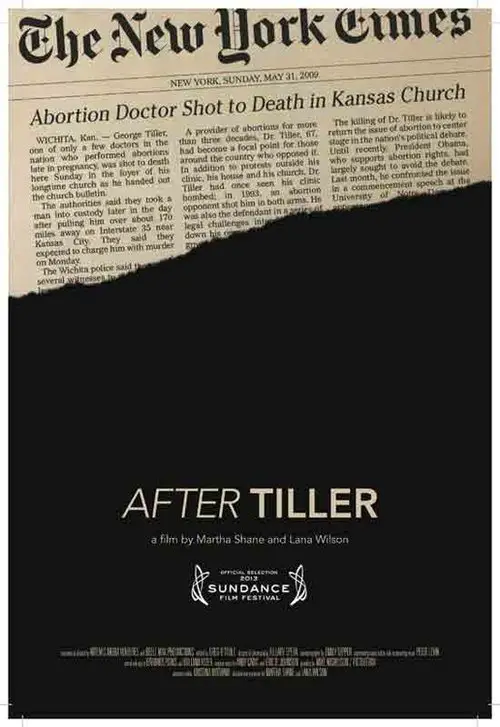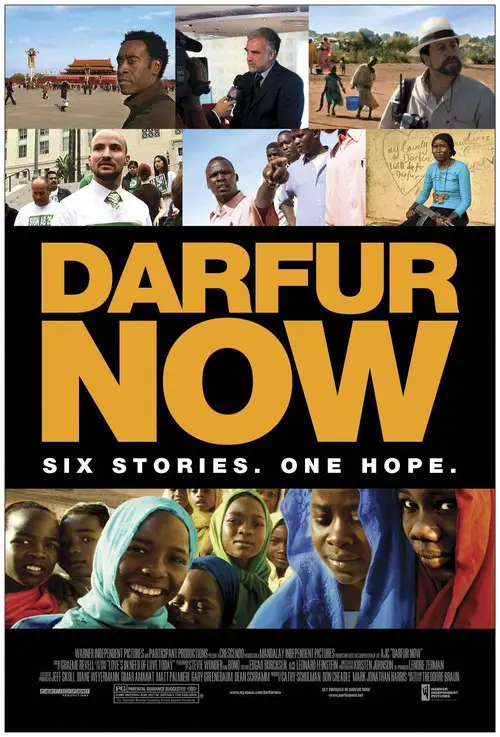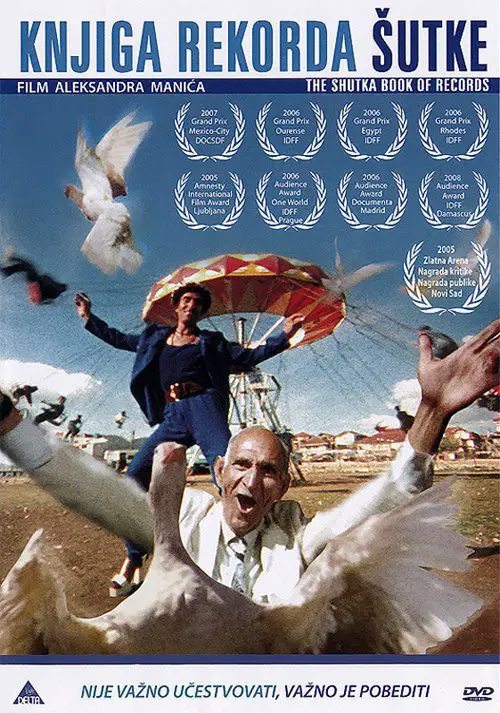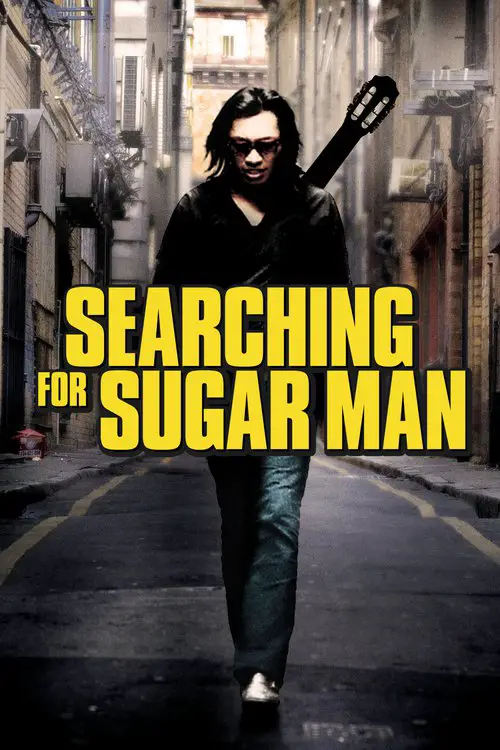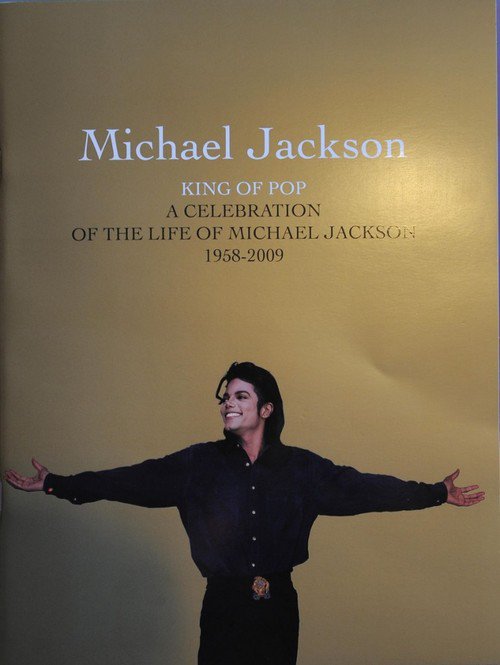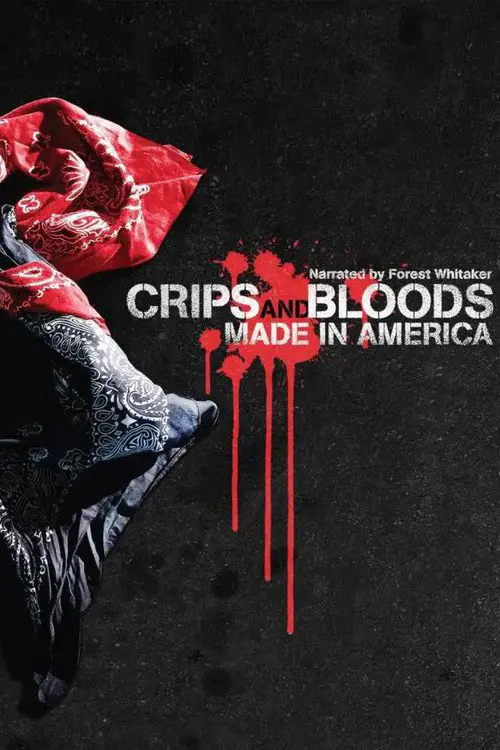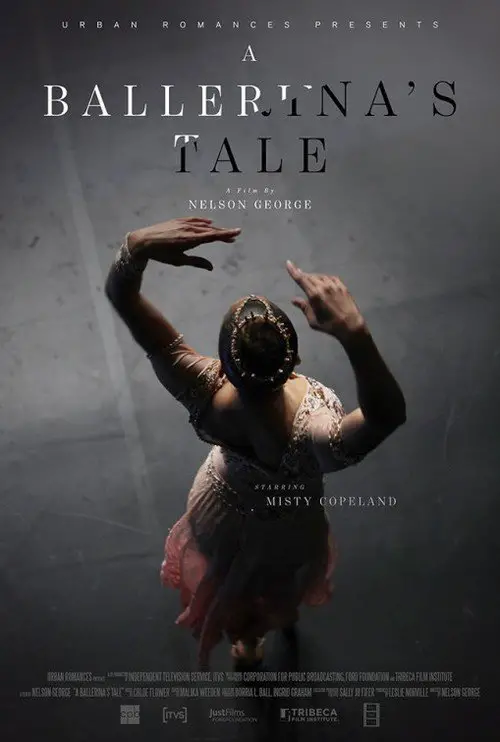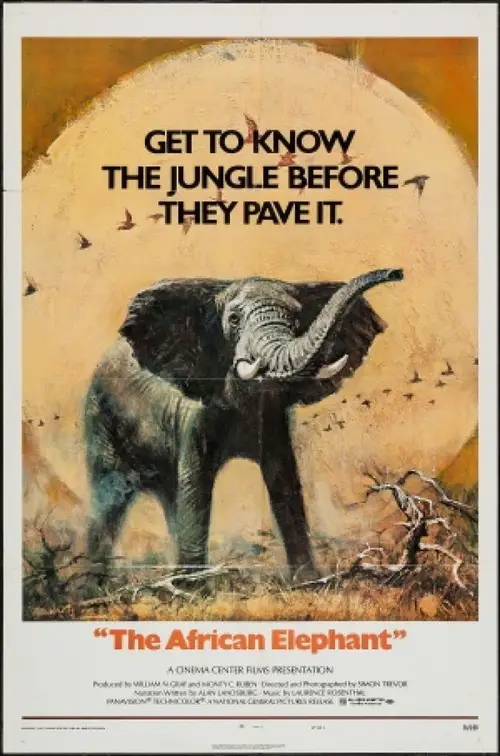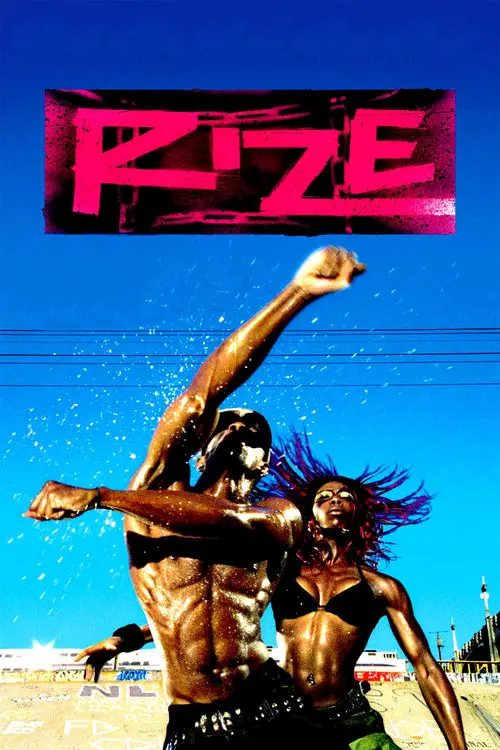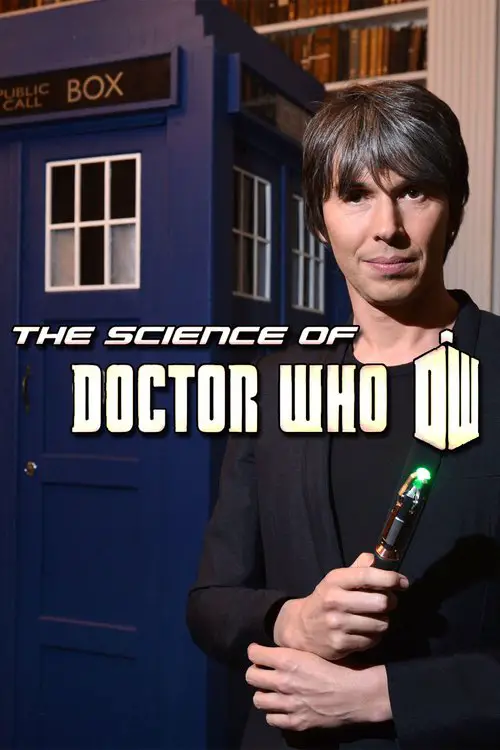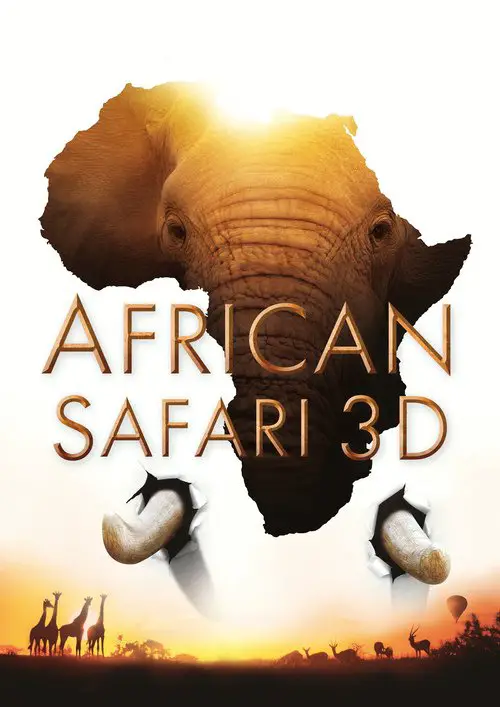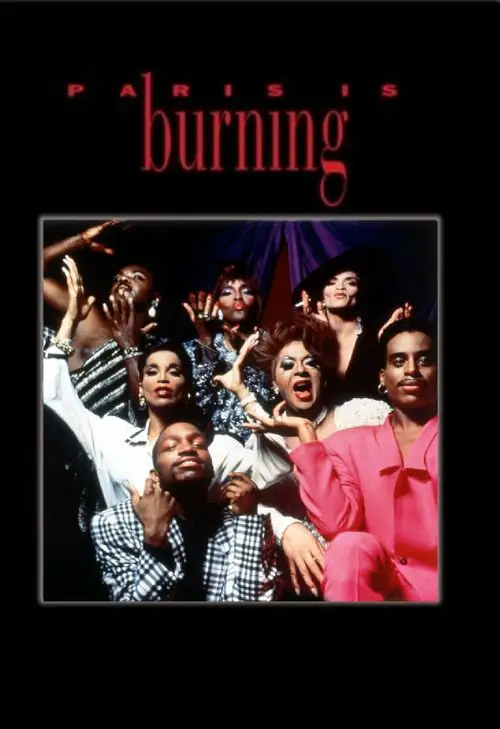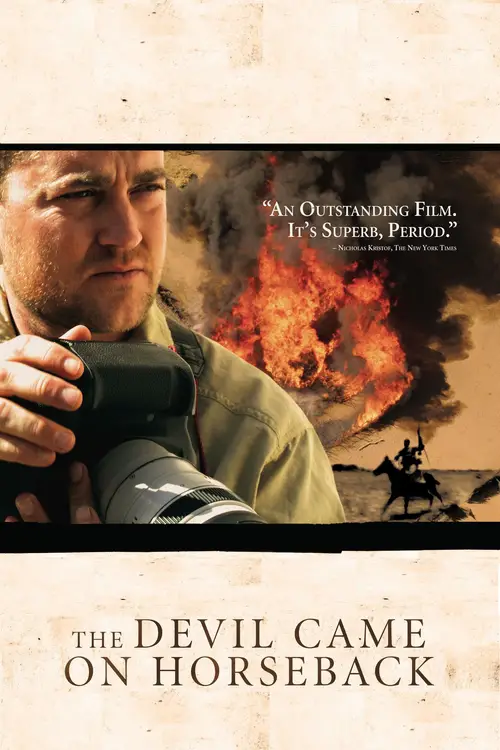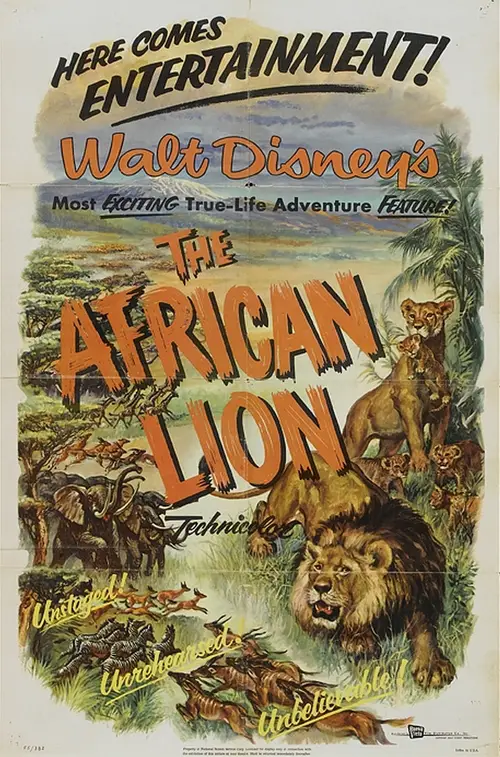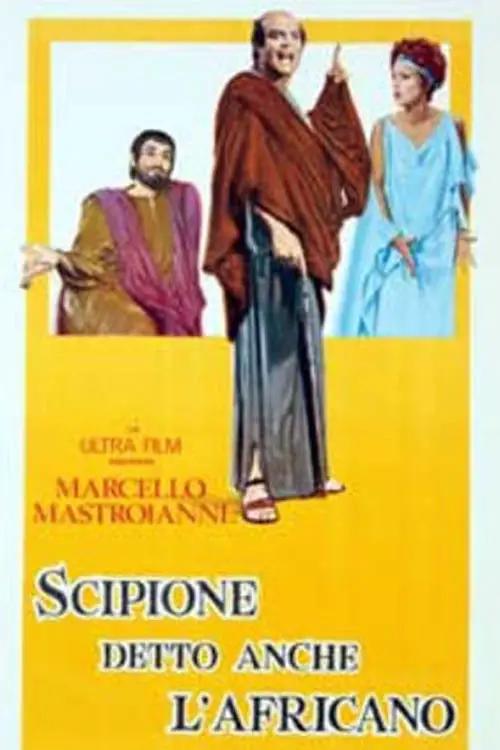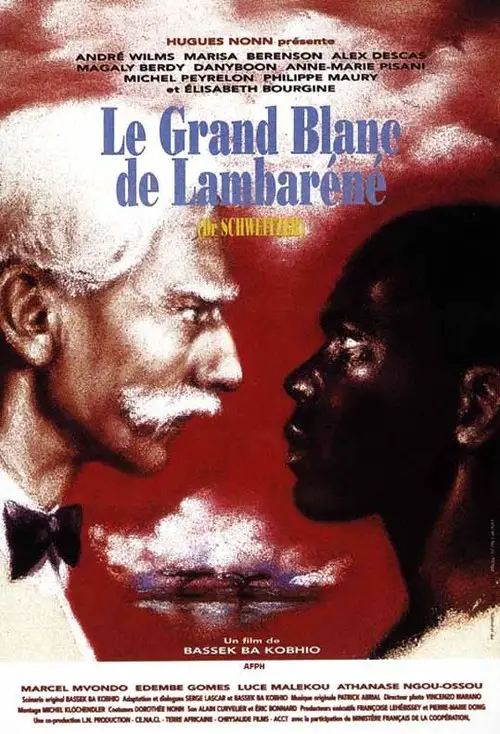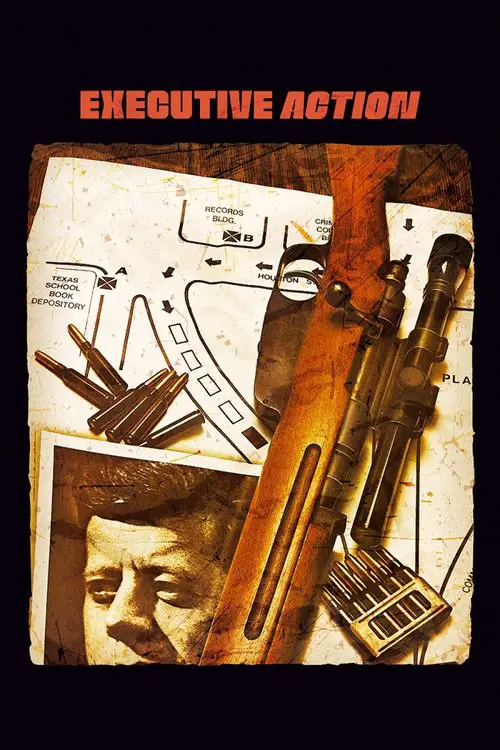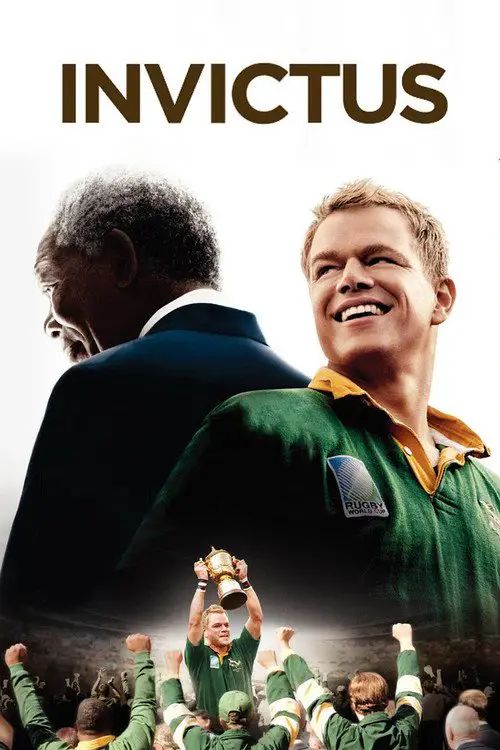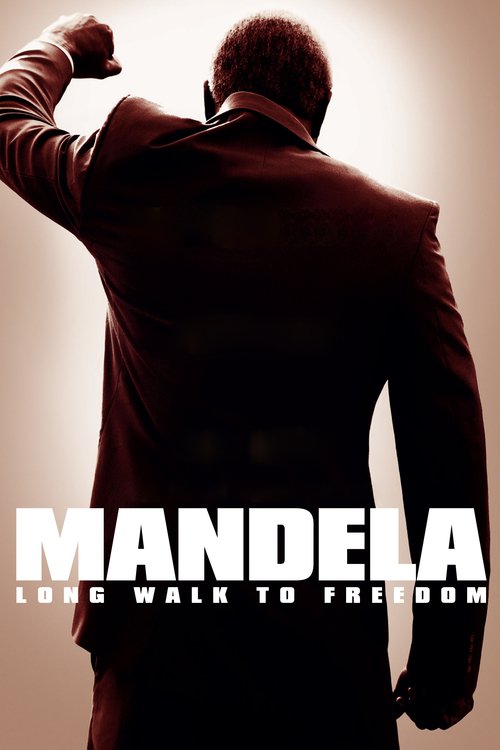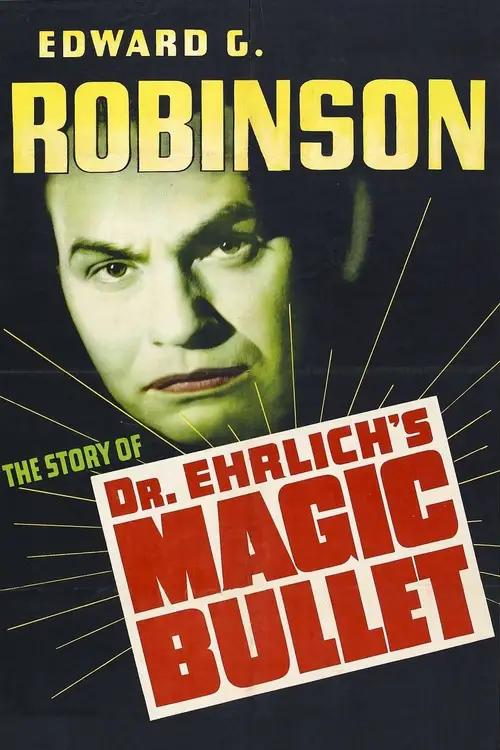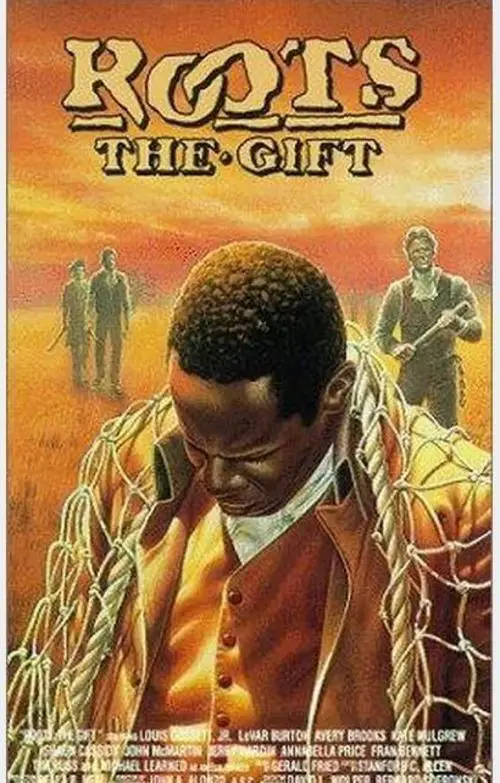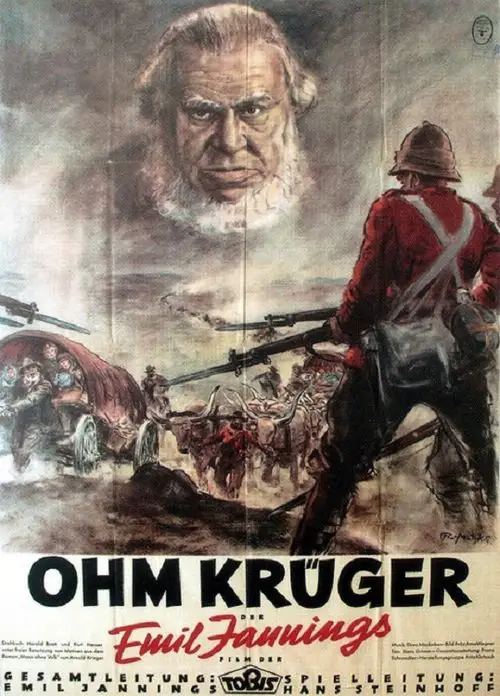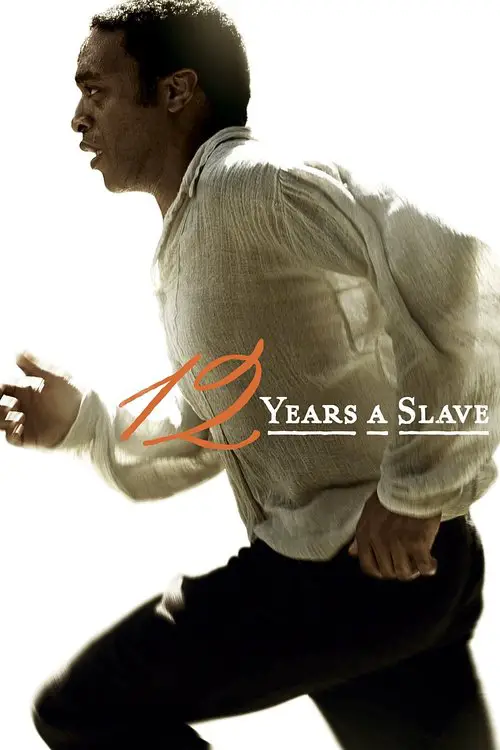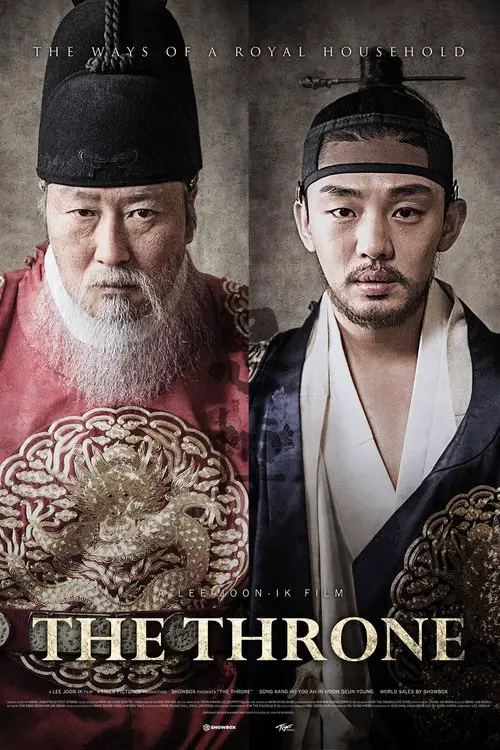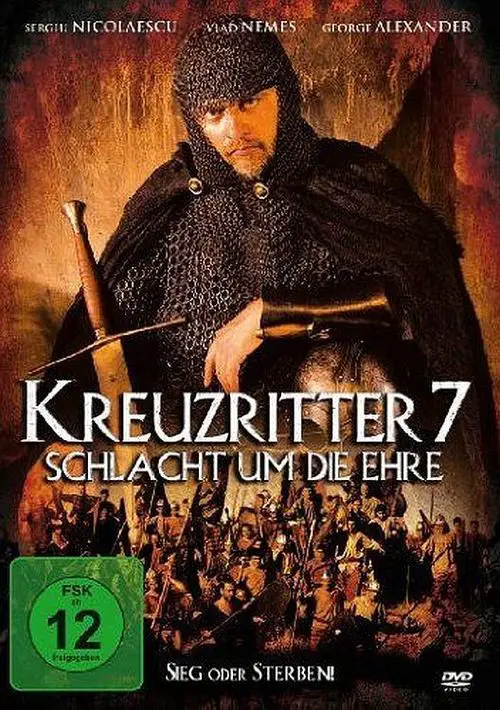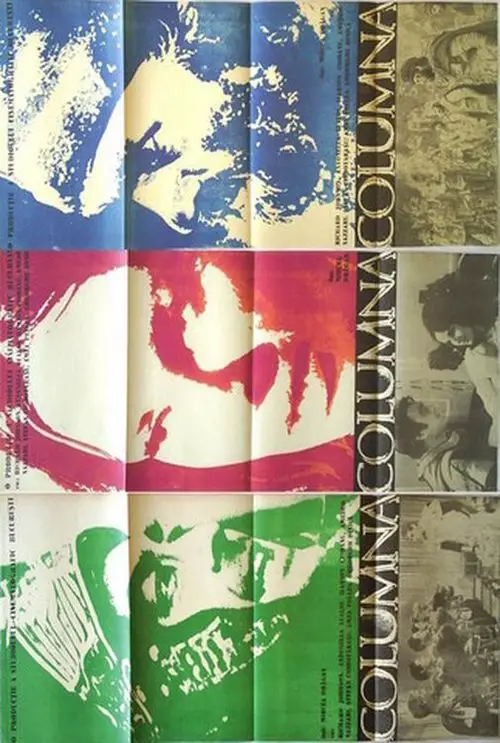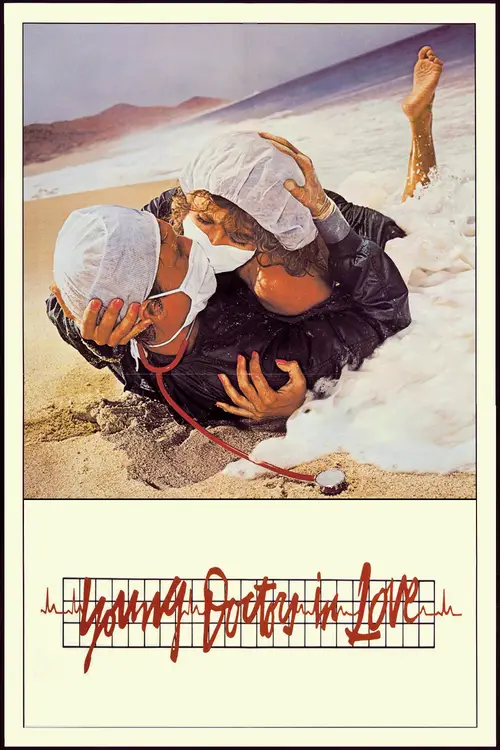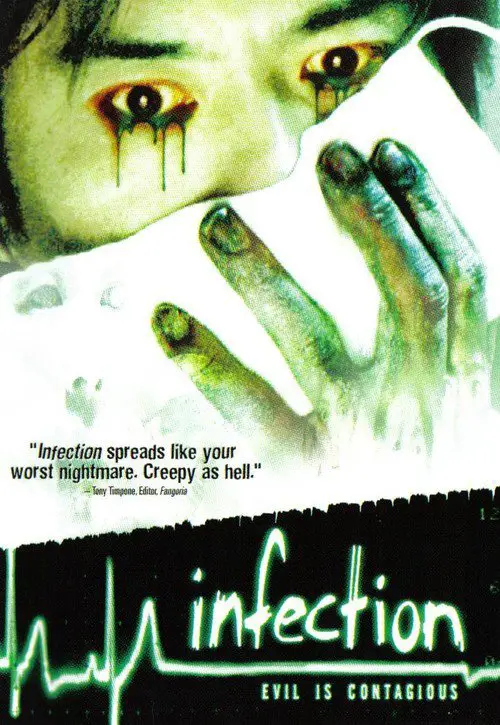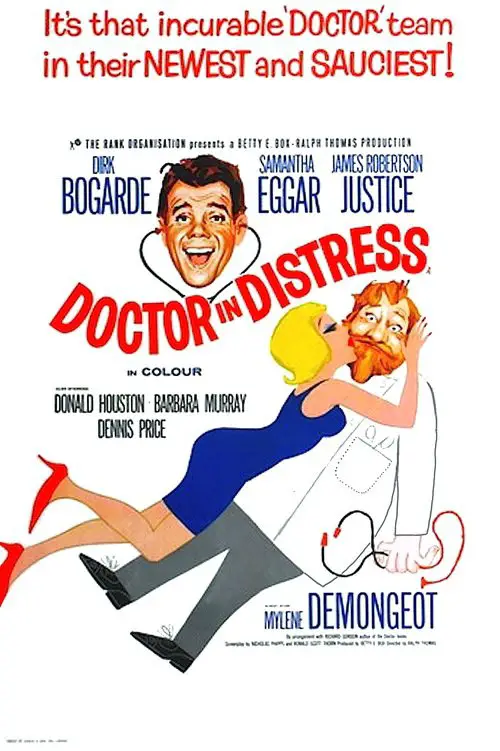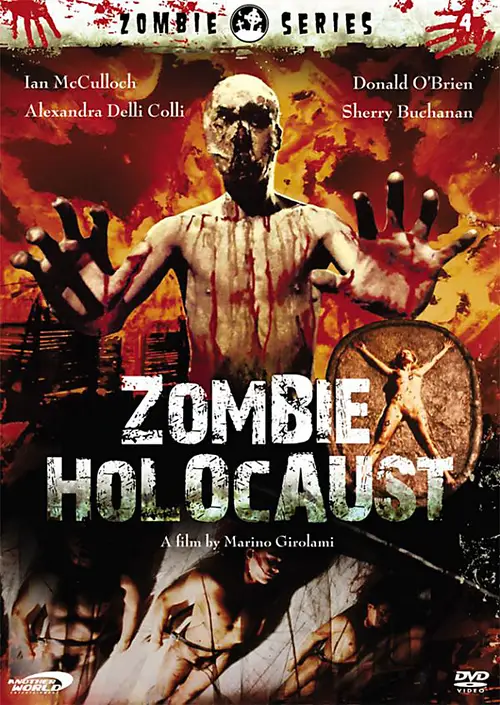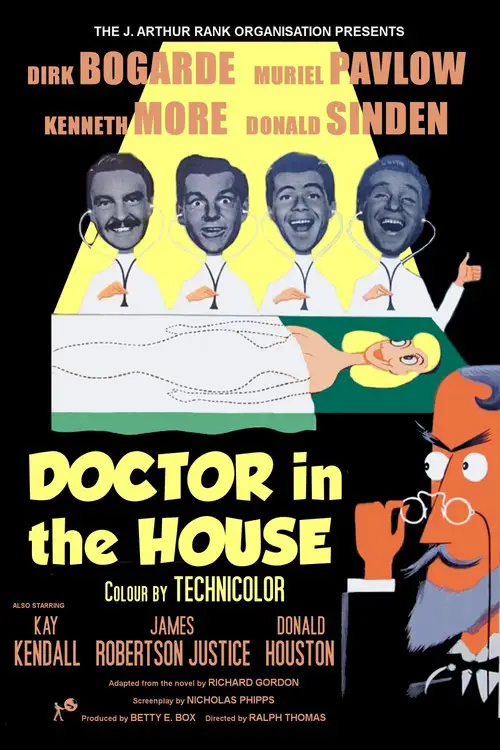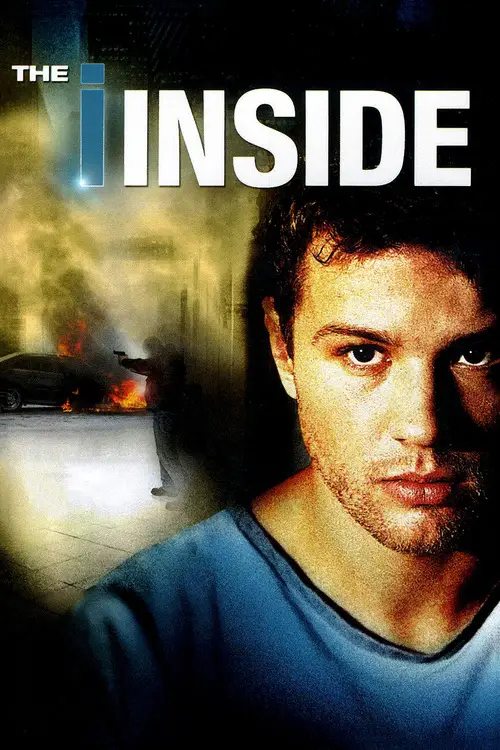Albert Schweitzer (1957)
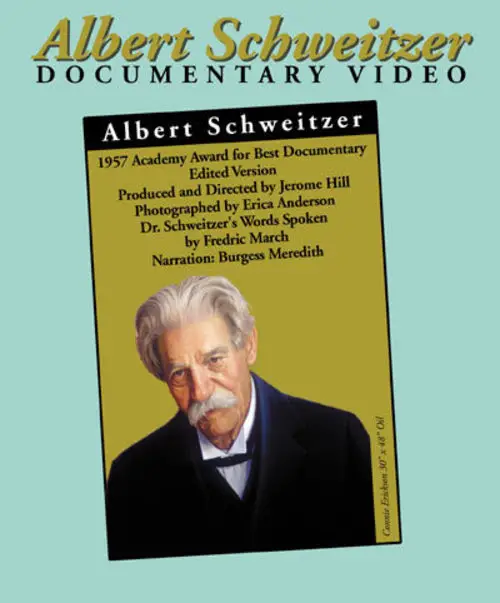
Similar movies
African Cats captures the real-life love, humor and determination of the majestic kings of the savanna. The story features Mara, an endearing lion cub who strives to grow up with her motherâs strength, spirit and wisdom; Sita, a fearless cheetah and single mother of five mischievous newborns; and Fang, a proud leader of the pride who must defend his family from a once banished lion.
In 1928, Dr. Max Gerson, a German-Jewish researcher, stumbled upon a therapy that has cured tens of thousands of people worldwide since then, including patients's previously thought incurable by their doctors. For the first time, this film chronicles the epic true story of Gerson's miracle. A cure for cancer and most other chronic and degenerative diseases has been available since 1928. The therapy was developed by Max Gerson, MD, a German Jewish physician, hailed by Nobel Laureate Albert Schweitzer as, âthe most brilliant medical genius ever.â Nine Gerson patients relate stories of recovery from the most deadly cancers (liver, ovarian, pancreatic) up to nineteen years ago. Their inspiring testimonies are powerful evidence of the Therapyâs effectiveness. Charlotte Gerson also describes her lifelong efforts to keep the Therapy alive despite powerful opposition.
The struggle to eradicate apartheid in South Africa has been chronicled over time, but no one has addressed the vital role music plays in this challenge. This documentary by Lee Hirsch recounts a fascinating and little-known part of South Africa's political history through archival footage, interviews and, of course, several mesmerizing musical performances.
The story of one man's triumph over adversity: cameras followed the comedian on a very stressful comeback tour and caught the story behind some of his best loved material en route. Prior to his Sexie tour in 2003 and under extreme pressure to write, he delved into his own life for inspiration. So began an accidental voyage into his past that paralleled his world tour and culminated in a moment of revelation about the source of his relentless drive. Film contains exclusive never-before-seen footage including the famous 'wolves' material, his first student sketches and unicycle-riding as a street performer in Covent Garden. Hilarious and moving by turns, an inspiring tale of how tragedy can be turned to laughter.
A documentary filmmaker goes on a 52-day journey to find evidence supporting the effectiveness of the Gerson Therapy -- a long-suppressed natural cancer cure. His travels take him from Alaska to Mexico with stops in San Diego, New York, Japan, Holland and Spain. In the end, he presents the testimonies of patients, scientists, surgeons and nutritionists who testify to the therapy s efficacy in curing cancer and other degenerative diseases, and presents the hard scientific proof to back up their claims. Testimonies include: a Japanese medical school professor who cured himself of liver cancer over 15 years ago, a lymphoma patient who was diagnosed as terminal over 50 years ago as well as from noted critics of this world-renowned healing method who dismiss it out of hand as pure quackery. So the question that remains is, Why is this powerful curative therapy still suppressed, more than 75 years after it was clearly proven to cure degenerative diseases?
"I Have Never Forgotten You" is a comprehensive look at the life and legacy of Simon Wiesenthal, the famed Nazi hunter and humanitarian. Narrated by Academy Award winning actress Nicole Kidman, it features interviews with longtime Wiesenthal associates, government leaders from around the world, friends and family members--many of whom have never discussed the legendary Nazi hunter and humanitarian on camera. Previously unseen archival film and photos also highlight the film. What was the driving force behind his work? What kept him going when for years the odds were against his efforts? What is his legacy today, more than 60 years after the end of World War Two?
Mother, the film, breaks a 40-year taboo by bringing to light an issue that silently fuels our largest environmental, humanitarian and social crises - population growth. Since the 1960s the world population has nearly doubled, adding more than 3 billion people. At the same time, talking about population has become politically incorrect because of the sensitivity of the issues surrounding the topic- religion, economics, family planning and gender inequality. The film illustrates both the over consumption and the inequity side of the population issue by following Beth, a mother, a child-rights activist and the last sibling of a large American family of twelve, as she discovers the thorny complexities of the population dilemma and highlights a different path to solve it.
In 2009, actors Hugh Jackman and his wife, Deborra-lee Furness, traveled to Ethiopia as ambassadors for World Vision Australia, one of the world's largest humanitarian aid organizations. As longtime donors, the Jackmans wanted to visit a World Vision community development project to see how rural communities were being empowered to eradicate poverty. While in the Yirgacheffe region, Hugh met a 27 year-old coffee farmer named Dukale, working to lift his family out of poverty. Spending time on Dukale's farm, Hugh learned first-hand about the value of fair trade coffee and clean cookstove technology. (C) Official Site
Six young adults with trisomy 21 and six specialized education students live together an out-of-the-ordinary experience: hiking to Machu Picchu at more than 2000 meters of altitude and doing a humanitarian project. In this mythical place, each day is a challenge and everybody surpasses their limits. This group invites us to a journey of gift, of tolerance and of open-minding to difference.
Filmmaker Kimberly Reed returns home for her high school reunion, ready to reintroduce herself to the small town as a transgender woman and hoping for reconciliation with her long estranged adopted brother Marc. Things are complicated by the shocking revelation that Marc may be the grandson of Orson Wells and Rita Hayworth, forcing Kim and her family to explore questions of sexual orientation, identity, severe trauma and love.
An attempt to re-contextualize the European migrant crisis and ongoing hostilities in Syria, through eyewitness and participant testimony. Children and parents recount the revolution, civil war, air strikes, atrocities and ongoing humanitarian aid crises, in a portrait of recent history and the consequences of violence.
Since the assassination of Dr. George Tiller in Kansas in 2009, only four doctors in the United States continue to perform third-trimester abortions. These physicians, all colleagues of Dr. Tiller, sacrifice their safety and personal lives in the name of their fierce, unwavering conviction to help women.
This acclaimed documentary follows the story of six people who are determined to end the sufferings in Sudan's war-ravaged Darfur. The six - an American activist, an international prosecutor, a Sudanese rebel, a sheikh, a leader of the World Food Program and an internationally known actor - demonstrate the power of how one individual can create extraordinary changes.
A documentary about bizarre residents of Shutka, a Macedonian village built on the former city dump area. Shutka, where everyone is the champion of something. This film is a celebration of the culture, humor, spirit, oddities and idiosyncrasies of the Roma, one of the world's poorest and most persecuted peoples. Ultimately we are instructed in the celebration of life despite any and all circumstances - everyone is of value here.
African Elephant originally played in theatres as King Elephant.. The film is a straightforward, well-photographed documentary concentrating on....well, look at the title. Avoiding the obvious, filmmaker Simon Trevor focuses on the more curious aspects of elephant life. In addition to the mighty pachyderm, we are given intriguing glimpses of other forms of African wildlife. African Elephant has no overt ecological ax to grind, but the preservationist message is there by implication.
A documentary film that highlights two street derived dance styles, Clowing and Krumping, that came out of the low income neighborhoods of L.A.. Director David LaChapelle interviews each dance crew about how their unique dances evolved. A new and positive activity away from the drugs, guns, and gangs that ruled their neighborhood. A raw film about a growing sub-culture movements in America.
Paris Is Burning is a 1990 documentary (directeor Jennie Livingston) filmed in the mid-to-late 1980s, chronicling the ball culture of New York City and the poor, African American and Latino gay and transgendered community involved in it. Many consider Paris Is Burning to be an invaluable documentary of the end of the "Golden Age" of New York City drag balls and exploration of queer culture
While serving with the African Union, former Marine Capt. Brian Steidle documents the brutal ethnic cleansing occuring in Darfur. Determined that the Western public should know about the atrocities he is witnessing, Steidle contacts New York Times reporter Nicholas Kristof, who publishes some of Steidle's photographic evidence.
Wattstax is the 1973 documentary film about the Afro-American Woodstock concert held in Los Angeles seven years after the Watts riots. Director Mel Stuart mixes footage from the concert with footage of the living conditions in the current day Watts neighborhood. The film won the Golden Globe for Best Documentary Film.
Albert Schweitzer (1875-1965), the mission doctor, theologian and philosopher who founded a hospital in the rainforests of Gabon, achieved sainthood in his lifetime, at least in the popular imagination. The critical assessment of his life and works in recent years, however, has been slightly more ambivalent. Ba Kobhio Bassek is the first director to examine this medical missionary from a purely African point-of-view.
Newly elected President Nelson Mandela knows his nation remains racially and economically divided in the wake of apartheid. Believing he can bring his people together through the universal language of sport, Mandela rallies South Africa's rugby team as they make their historic run to the 1995 Rugby World Cup Championship match.
In 1893, Gandhi is thrown off a South African train for being an Indian and traveling in a first class compartment. Gandhi realizes that the laws are biased against Indians and decides to start a non-violent protest campaign for the rights of all Indians in South Africa. After numerous arrests and the unwanted attention of the world, the government finally relents by recognizing rights for Indians, though not for the native blacks of South Africa. After this victory, Gandhi is invited back to India, where he is now considered something of a national hero. He is urged to take up the fight for India's independence from the British Empire. Gandhi agrees, and mounts a non-violent non-cooperation campaign of unprecedented scale, coordinating millions of Indians nationwide. There are some setbacks, such as violence against the protesters and Gandhi's occasional imprisonment. Nevertheless...
In December 1775, Cletus Moyer is a free black Northerner in colonial America, helping slaves escape captivity. In the days just prior to Christmas, a group of bounty hunters captures Moyer.
Because of his capture, dozens of slaves who have already left their plantations are in danger of being captured as well. Moyer implores two slaves from a nearby plantation to take his place: Kunta Kinte, a Mandinka in his mid-twenties who was captured in what is now Gambia, and Fiddler, an elderly man who was born into slavery. Kunta is eager to help (and to escape himself), but Fiddler is unwilling, fearful of the consequences if they are caught.
Ohm Krüger (English: Uncle Krüger) is a 1941 German biographical film directed by Hans Steinhoff and starring Emil Jannings, Lucie Höflich and Werner Hinz. It was one of a series of propaganda films produced in Nazi Germany attacking the British. The film depicts the life of the South African politician Paul Kruger and his eventual defeat by the British during the Boer War. It was the first film to be awarded the 'Film of the Nation' award. It was re-released in 1944
In the pre-Civil War United States, Solomon Northup, a free black man from upstate New York, is abducted and sold into slavery. Facing cruelty as well as unexpected kindnesses Solomon struggles not only to stay alive, but to retain his dignity. In the twelfth year of his unforgettable odyssey, Solomonâs chance meeting with a Canadian abolitionist will forever alter his life.
The Roman Emperor Trajan has just murdered all the local men of Dacia and holds a military stronghold in what will later become Rumania. He places a Roman centurion in his place to occupy his latest conquest. After lopping off the head of the Dacian warlord, the soldier uses his blood-stained hands to dine on cheese and bread, unable to suppress his laughter. The centurion has a change of heart when he is put in charge of the region, freely dispensing justice and forgiveness to the conquered inhabitants. When the peace is threatened by marauding barbarians in masks of fur, the locals help the Romans fend off the invasion.
An "Airplane!"-style spoof of hospital soap operas: a brilliant young trainee can't stand the sight of blood; a doctor romances the head nurse in order to get the key to the drugs cabinet; there's a mafioso on the loose disguised as a woman - in other words all the usual ingredients present and correct, though in this case the laughs are intentional.
Francis Bigger, a notorious charlatan who tours the country lecturing on the subject of mind over matter, slips off the platform in the middle of his performance and ends up in hospital under the care of Dr Tinkle. The hospital is about to enter a period of total chaos. The regular Carry On team is joined by Frankie Howerd as the fraudulent Francis in this 'bed-panorama of hospital life'.
"Doctor in Distress" is the fifth of the seven films in the "Doctor" series, and focuses on Sir Lancelot Spratt, Simon Sparrow's old teacher and sometimes nemesis. When the eternal bachelor Sir Lancelot injures his back and falls in love with his physiotherapist Iris Marchant, he becomes very distressed and turns to Simon for help. Simon, who now is a senior doctor at fictional Hampden Cross Hospital and hopelessly in love with aspiring actress Delia, sends him to a nature cure clinic in a vain attempt to help him lose weight, but Sir Lancelot can't get Iris off his mind and has her followed, first by a private investigator and eventually by himself. When he finally proposes, she rejects him and marries an old army major, which distresses Sir Lancelot even more.
The members of an expedition in search for the last faithful of Kito, the cannibal god, land on a small island in the Moluccas (East Indies). They are soon hunted by cannibals and zombies created by the sinister Doctor O'Brien, who is experimenting with both corpses and living humans. Susan, a sexy lady in the expedition team, eventually gets the upper hand. She gains acceptance with the natives as queen of the cannibals and directs them against the mad scientist with his army of zombies.
The first of the seven "Doctor" films, based on Richard Gordon's novels and released between 1954 and 1970. Simon Sparrow is a newly arrived medical student at St Swithin's hospital in London. Falling in with three longer-serving hopefuls he is soon immersed in the wooing, imbibing and fast sports-car driving that constitute 1950's medical training. There is, however, always the looming and formidable figure of chief surgeon Sir Lancelot Spratt to remind them of their real purpose.
© Valossa 2015–2026
| Privacy Policy
